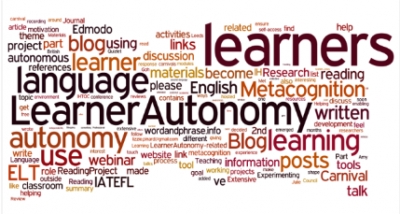ΓΛΩΣΣΟΛΟΓΙΑ-ΔΙΔΑΚΤΙΚΗ
What is Learner Autonomy and How Can it be Fostered?
1. Introduction
Over the last two decades, the concepts of learner autonomy and independence have gained momentum, the former becoming a ‘buzz-word’ within the context of language learning (Little, 1991: 2).
PYGMALION IN THE CLASSROOM
“You see, really and truly, apart from the things anyone can pick up (the dressing and the proper way of speaking, and so on), the difference between a lady and a flower girl is not how she behaves, but how she’s treated. I shall always be a flower girl to Professor Higgins, because he always treats me as a flower girl, and always will; but I know I can be a lady to you, because you always treat me as a lady, and always will.” Bernard Shaw, Pygmalion
Do idioms really call the shots?
There is no denying that idioms put most learners of English through their paces as the former seem to crop up without rhyme or reason. You see? Even an introductory article concerning idioms cannot be totally bereft of them, so to speak!
Grammar: Do we really need it?
It is widely acknowledged that grammar has played a central role in language teaching. Syllabus design and a wide diversity of approaches to language teaching have relied on this assumption, namely, the fundamental role of grammar in second- or foreign-language learning.

















